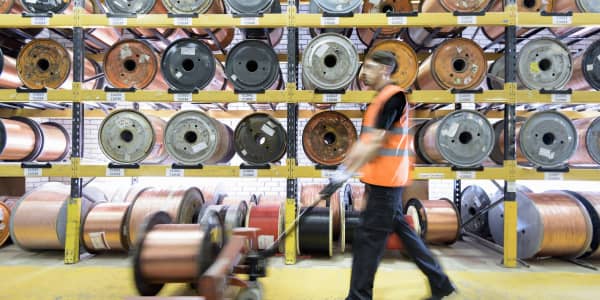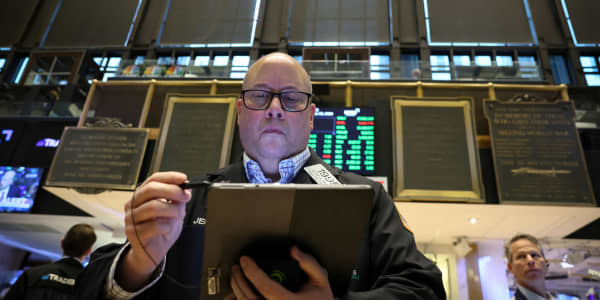(We're interested in hearing from our PRO subscribers on what EV startups they are trading. Click here to rate them.)
Electric vehicle startups such as Nikola are turning to blank check firms, also known as Special Purpose Acquisition Companies, or SPACs, as a way to go public and raise an influx of fast cash to get their vehicles to market.
All the companies have grand ambitions and believe they can create a niche in the market. Some have charismatic executives on social media, taking a note from Tesla CEO Elon Musk's playbook. And a few even have factories under construction. But one thing they all have is a lot to prove amid what some are expecting to be an electric vehicle SPAC bubble on Wall Street.
Following Nikola going public and shares surging in June, at least three other aspiring automakers – none have actually produced a vehicle for sale – have announced similar deals. They include: Fisker, Lordstown Motors and Canoo. Other auto-related companies such as Hyliion, an electrified powertrain trucking company, also have announced similar plans.





